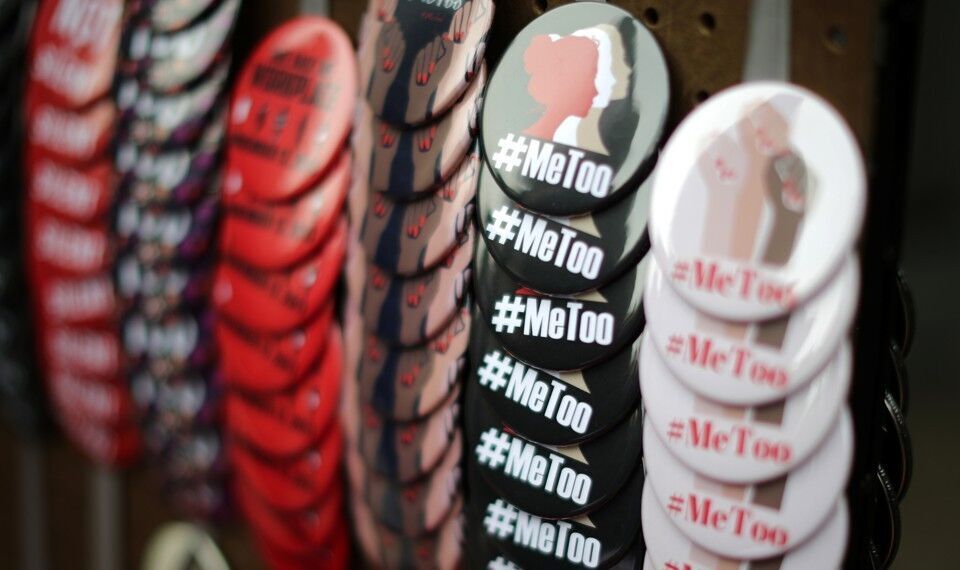
Jian Ghomeshi’s acquittal was the right thing to do—but sends the wrong message to the world
By Jamal Al-Bayaa, Staff Writer
When I initially followed the Jian Ghomeshi case, it was with a half-hearted interest. The details of the trial were trivial to me, and I tried to stay agnostic on the whole thing since it was just another sensationalized headline. Seeing the judgement peaked my interest, and I dove into the “how and why” of Ghomeshi’s acquittal.
To rephrase what I had read, the judge decided that Ghomeshi was innocent because the testimonies of the women—the victims—were riddled with contradictions. Although some accounts tried to describe Judge William B. Horkins as “anti-woman,” more reliable sources really did demonstrate the nature of the contradictions, and that they were actually quite severe.
The complaint of Lucy DeCoutere, who described her relationship with Ghomeshi as playful and flirtatious, is as follows: “suddenly, out of the blue, [Ghomeshi] kissed her. Ms. DeCoutere described how Mr. Ghomeshi put his hand onto her throat and forcefully pushed her to the wall, choking her and slapping her in the face. She was shocked, surprised, and bewildered. She tried to remain calm and act as if nothing unusual had happened. She stayed a while longer. They listened to music and he played his guitar. Then, with a kiss good night, she left.”
She described her emotions later on as fear towards Ghomeshi and an unwillingness to talk to him, yet during the cross-examination she had been found to have gone to Banff with him later on, seemingly continuing the relationship. Another witness, who originally claimed that she wanted nothing to do with him after the way he choked her, was found to have sent several emails to him, including one with an attached bikini picture of herself, and another email saying, “I love your hands.”
That evidence is damning. If DeCoutere had told more from the beginning, then it truly would have been incriminating evidence against Ghomeshi. But her testimony—and the other witness’s testimonies —gave an account of events that proved to be blatantly false.
That damnation of evidence is something that I understand. The court system’s function is to find the truth and convict when proof beyond reasonable doubt presents itself. Inconsistencies such as these do not fit into that, but after 10 years of silence, inconsistencies like these are almost guaranteed. That doesn’t give the A-OK in court, though.
However, the way that these women were made out to be “deceptive” rather than “distraught” is reprehensible. The former inspires images of manipulators and con artists, while the latter describes the emotionally damaged nature of a sexual assault victim. Both create bias, either affirming that the assault did or didn’t happen and then chocking up the inconsistencies to that. If the court wants to seek the truth and the whole truth, then it should do away with adjectives such as these altogether.
The hardest part is knowing that these women did the hardest thing that anyone in their positions could do. They came forward, went public, and placed themselves under scrutiny over their every action. Harder still is thinking about the women I know in my life who have been sexually assaulted. How many of them have come forward? Not many. Is this why?
The injustice isn’t that Ghomeshi was found not guilty of all charges. His acquittal isn’t nearly as important as the slander and ordeal that these women went through. This sends a message to women everywhere loud and clear: don’t come forward. It’s not a good message to be sending to a progressive country desperate for change and genuinely-equal rights.



